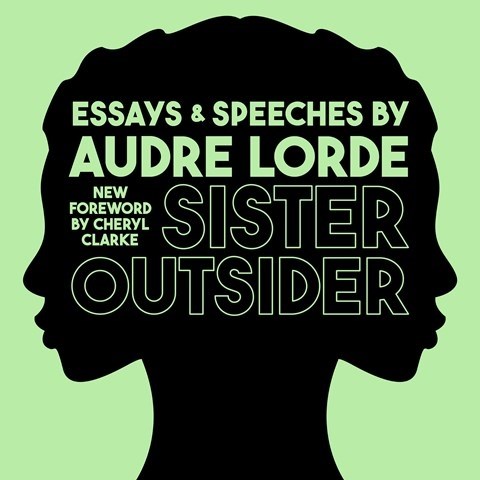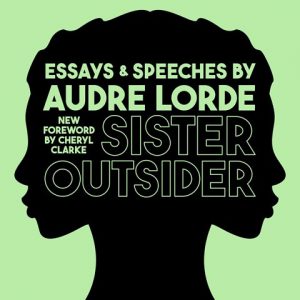If you are an educated adult who likes to read, this post may surprise you. Our literacy skills, as research has shown repeatedly and in international as well as American studies, aren’t stable across our adult life spans.
Kids’ “summer slide” has been well publicized, but less well known is evidence that adult literacy requires practice in order to persist through life, and not just seasonally. No matter your level of education, advancing age can lead to deterioration of literacy skill sets. Even bookworms can lose their literacy edge if their reading habits stop requiring or inspiring the need to reflect, question critically, or acquire new information. Unfortunately, this becomes the case with many adults in middle age.
These “literacy losses” are actually critical thinking losses. Once we have basic literacy skills (typically achieved in third grade), literacy isn’t about decoding individual words but collecting and absorbing meaning from whole paragraphs, texts, and complex directions. Adult losses in these skill areas impact our abilities to sort information, follow technical directions, and experience empathy. From a practical perspective, these losses mean we feel unsure about where stated fact ends and opinion begins, we may struggle to make sense of the programmable thermostat, and our world may shrink to include only those who share our cultural identity.
Listening can be a powerful weapon against literacy loss. We have an ever-increasing range of materials in audiobooks and narrators who bring their sensibilities of diverse cultures, classes, technologies, and pacing appropriate to the content. Plenty to use our critical thinking on.
This doesn’t have to be painful. The trick is to find enough challenge in our choices that we exercise active listening instead of maintaining a steady diet of passive experiences—we need to pursue a balanced listening diet.
You can start a literacy fitness program simply by perusing AudioFile’s reviews in subjects outside your usual preferences. Search out new-to-you genres, authors, and narrators, and when you find an audiobook that “sounds interesting, but I don’t know if I’ll like it . . . ” Bingo! That’s your chance to stretch. You may also want to find a listening buddy who is willing to stretch along with you. Whether on your own or with others, toning your literacy skills means keeping them supple and alert.
Titles to Wake Up Your Listening Literacy Skills
SISTER OUTSIDER: Essays and Speeches
by Audre Lorde, read by Robin Eller
Tantor Media
STREET POISON: The Biography of Iceberg Slim
by Justin Gifford, read by JD Jackson
HighBridge Audio
GIRLS LIKE US
by Gail Giles, read by Lauren Ezzo, Brittany Pressley
Brilliance Audio/Candlewick
AudioFile Earphones Award
CITIZEN: An American Lyric
by Claudia Rankine, read by Allyson Johnson
Tantor Media
AudioFile Earphones Award
GIRL AT WAR
by Sara Novic, read by Julia Whelan
Random House Audio
WATER TOSSING BOULDERS: How a Family of Chinese Immigrants Led the First Fight to Desegregate Schools in the Jim Crow South
by Adrienne Berard, read by Moe Egan
Beacon Press
What audiobooks have you found to help stretch your literacy muscles?
This post has been adapted from the original Audiobooks and Literacy column published in the February/March 2017 issue of AudioFile Magazine.










